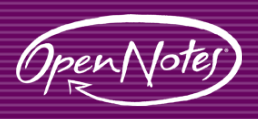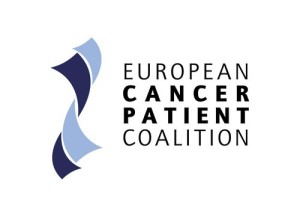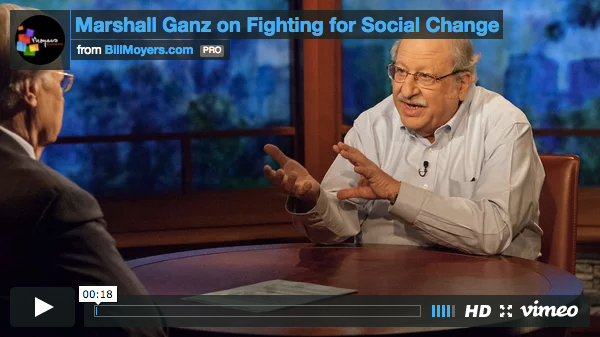“It was twenty years ago today / Sgt Pepper taught the band to play” … well, today’s the 20th birthday of Seinfeld episode #139, October 17, 1996. This was the famous segment where Elaine looked in her chart and found she’d been marked “Difficult.” What followed was hysterical, as she got lied to and ultimately recruited Kramer to impersonate a doctor (“Doctor Van Nostrum”) to get her records.
You see, when this episode aired, Elaine did not have the right to see her chart. The HIPAA law had been passed in August 1996 by the legislative branch, but the regulations giving her access rights had not been created yet by the executive branch.
 Well, things have changed, and change can be good … and in a delicious twist, the OpenNotes people got me to impersonate Kramer impersonating a doctor, in a new video mashup. Enjoy.
Well, things have changed, and change can be good … and in a delicious twist, the OpenNotes people got me to impersonate Kramer impersonating a doctor, in a new video mashup. Enjoy.
Here’s a hashtag: #ElaineDifficult20.


 This is a quick first post to get this online before the meeting finishes. I hope to add more notes below.
This is a quick first post to get this online before the meeting finishes. I hope to add more notes below.

